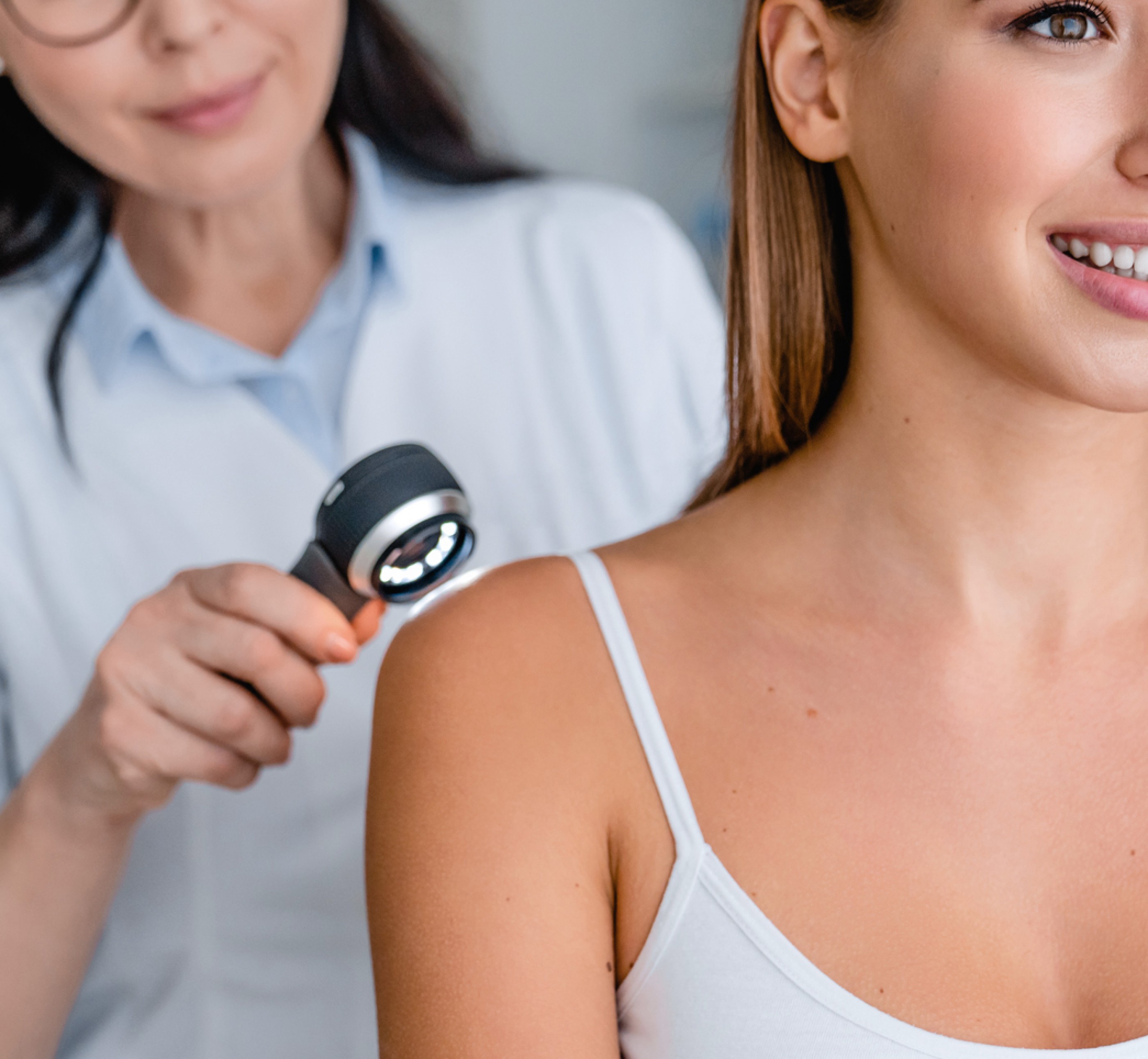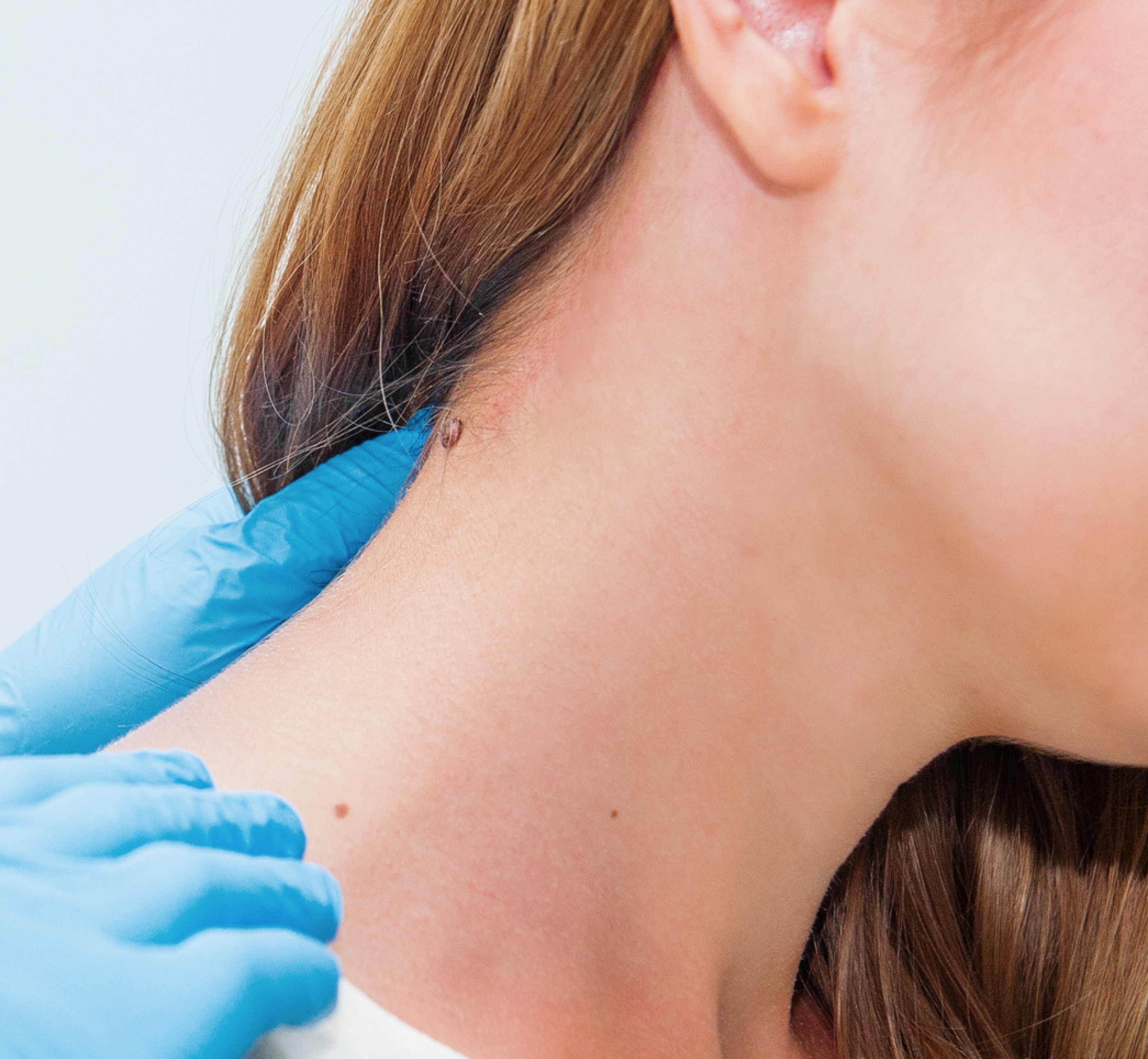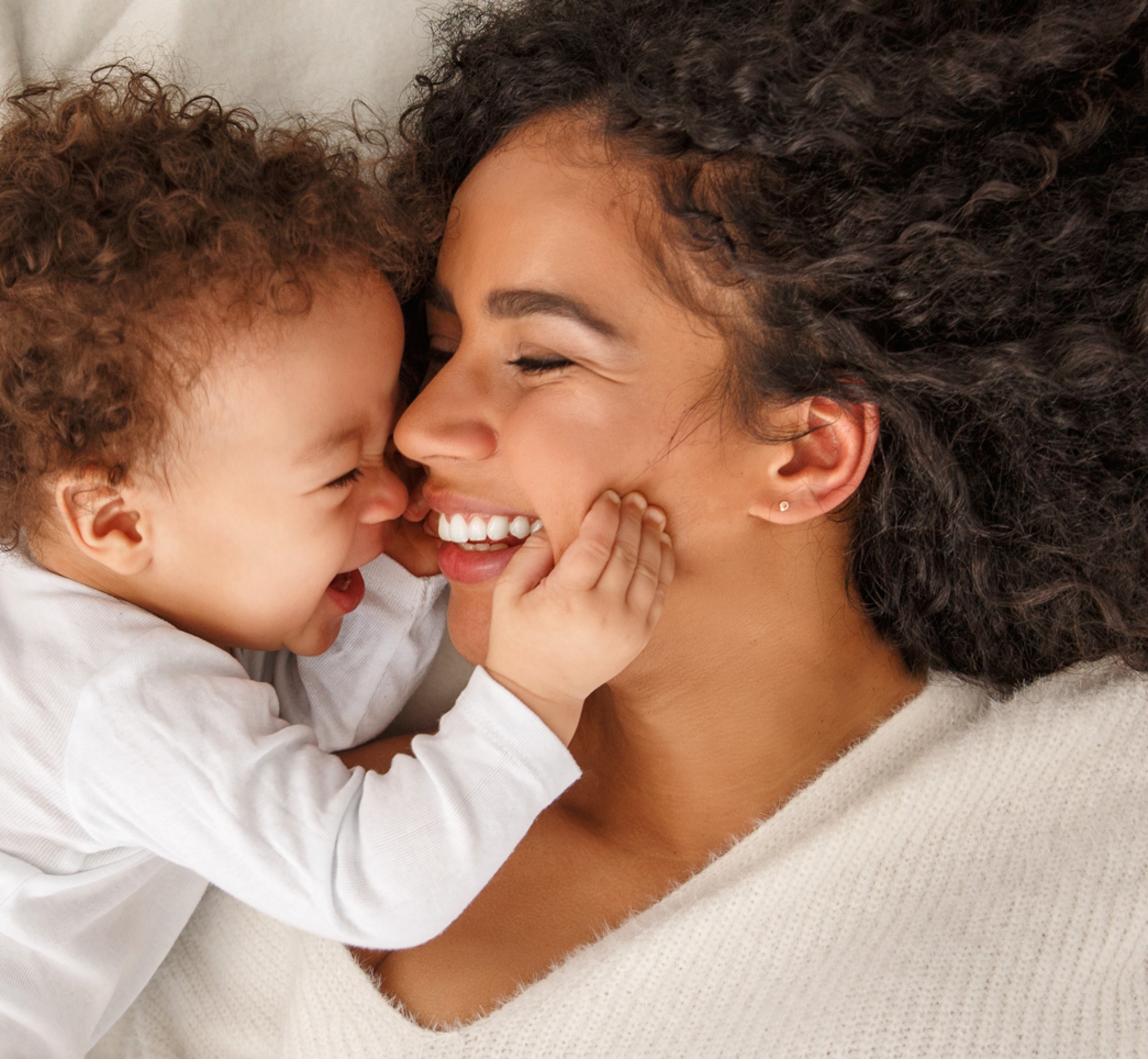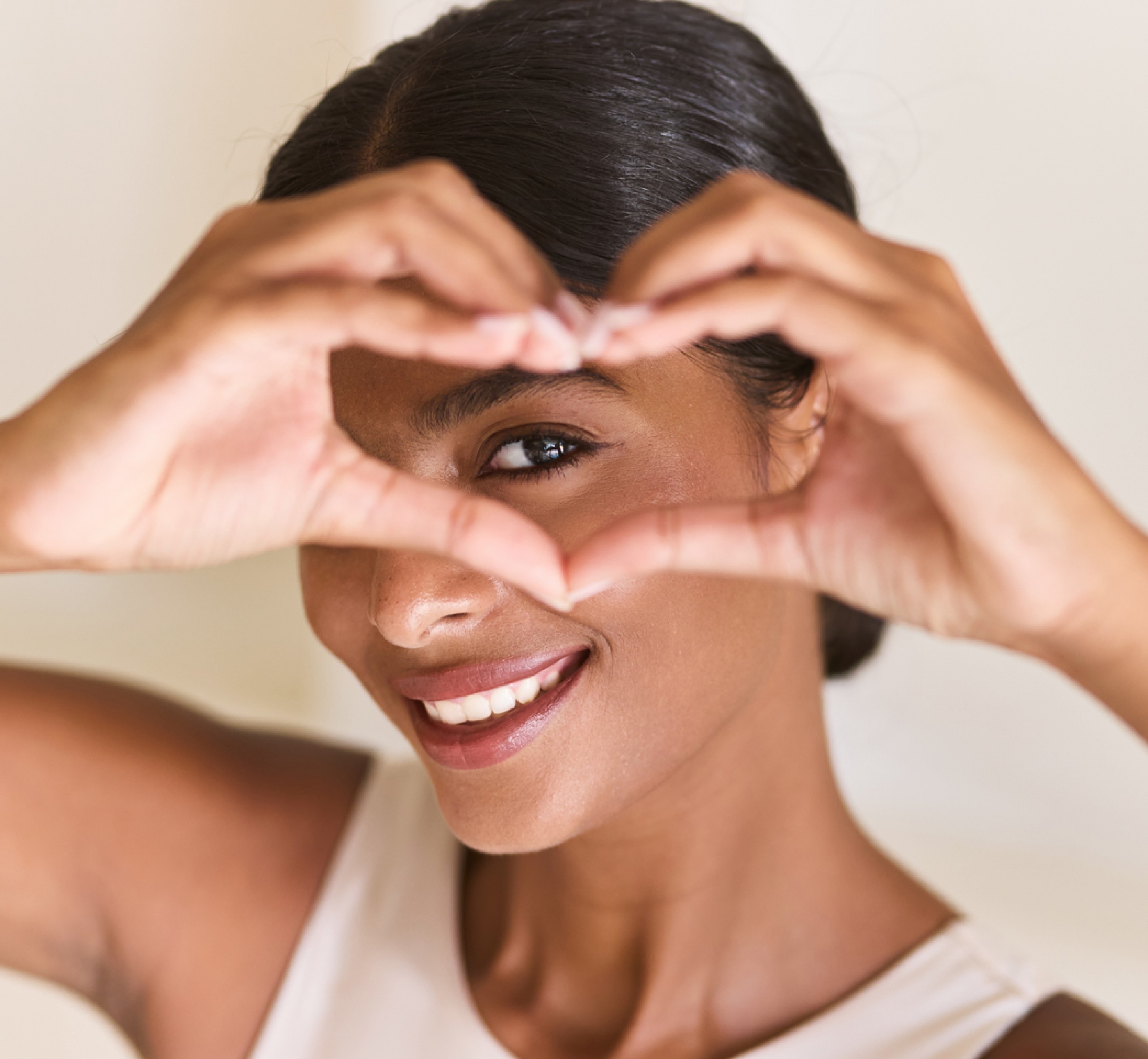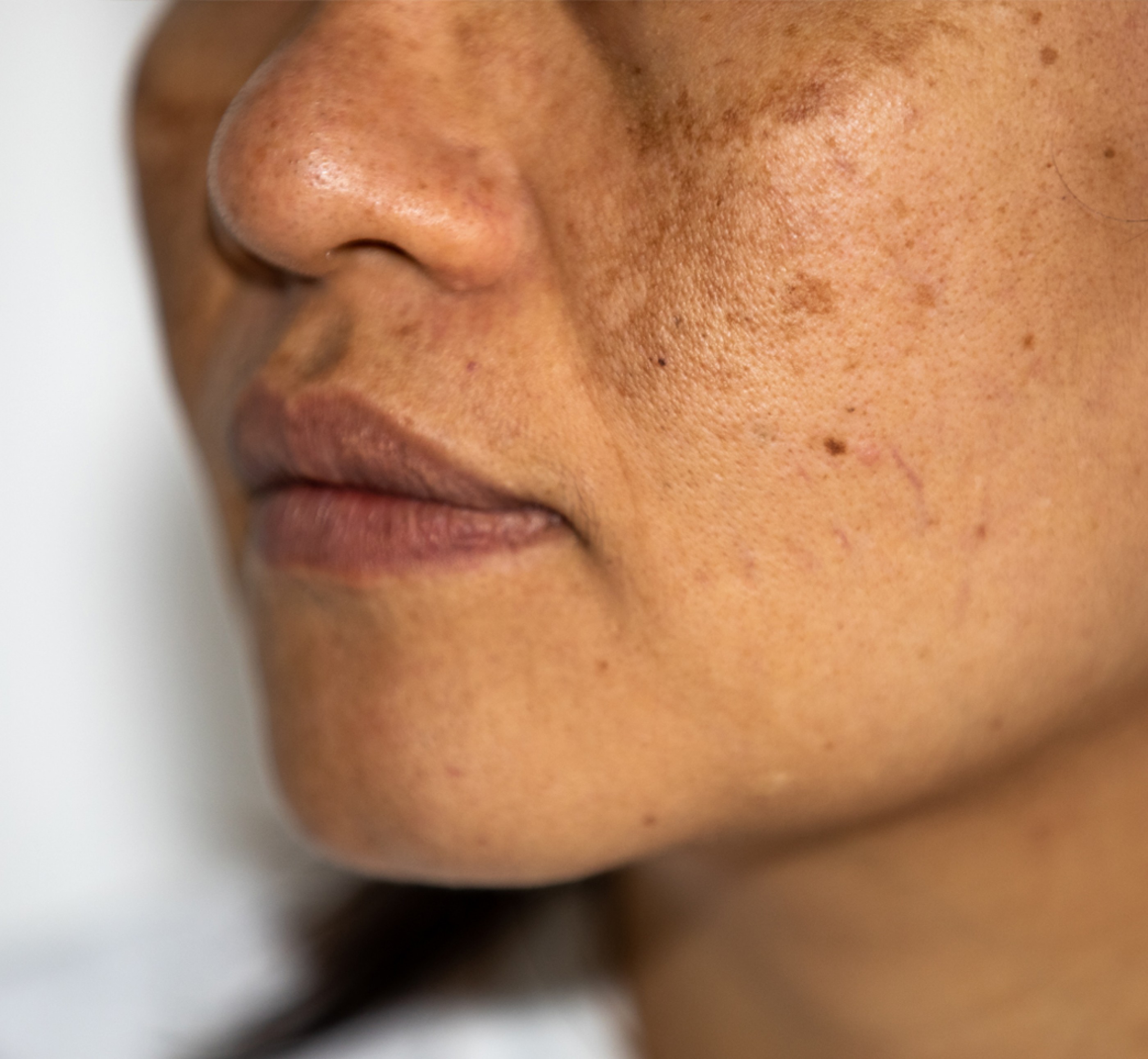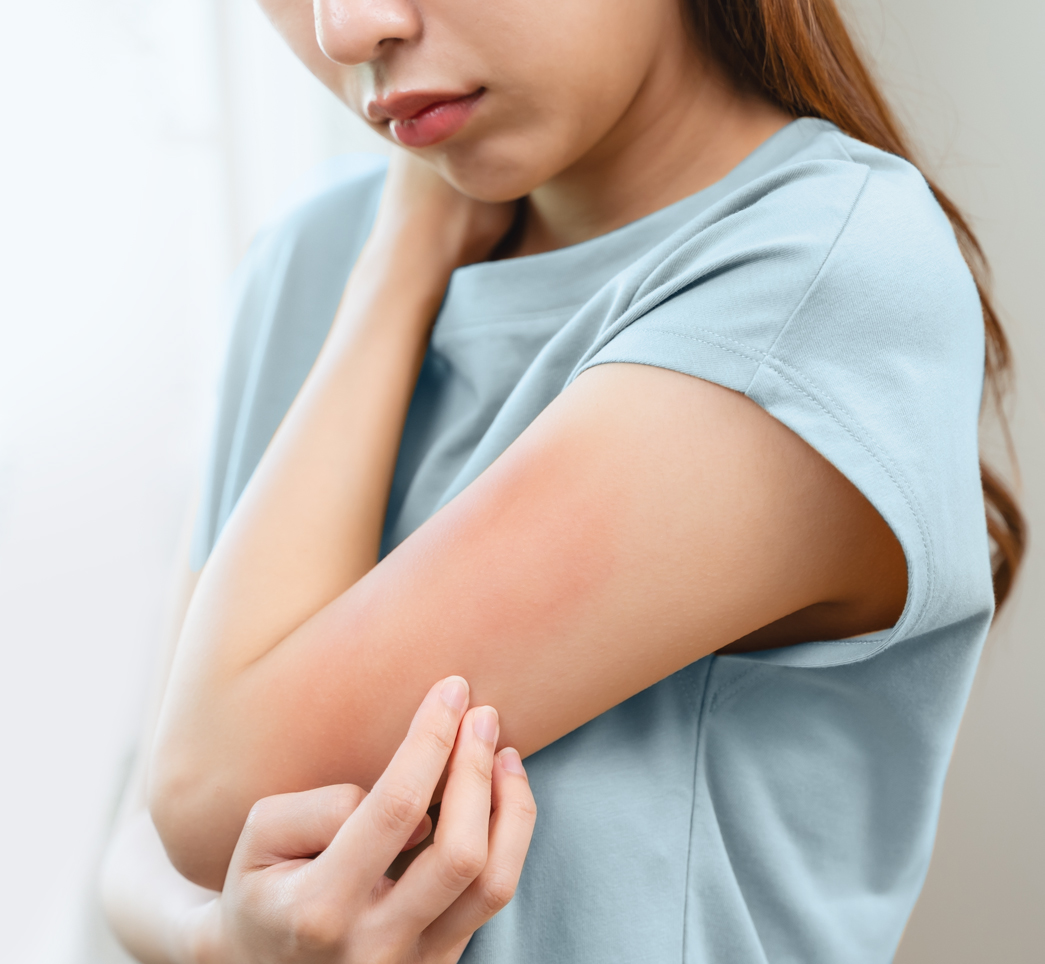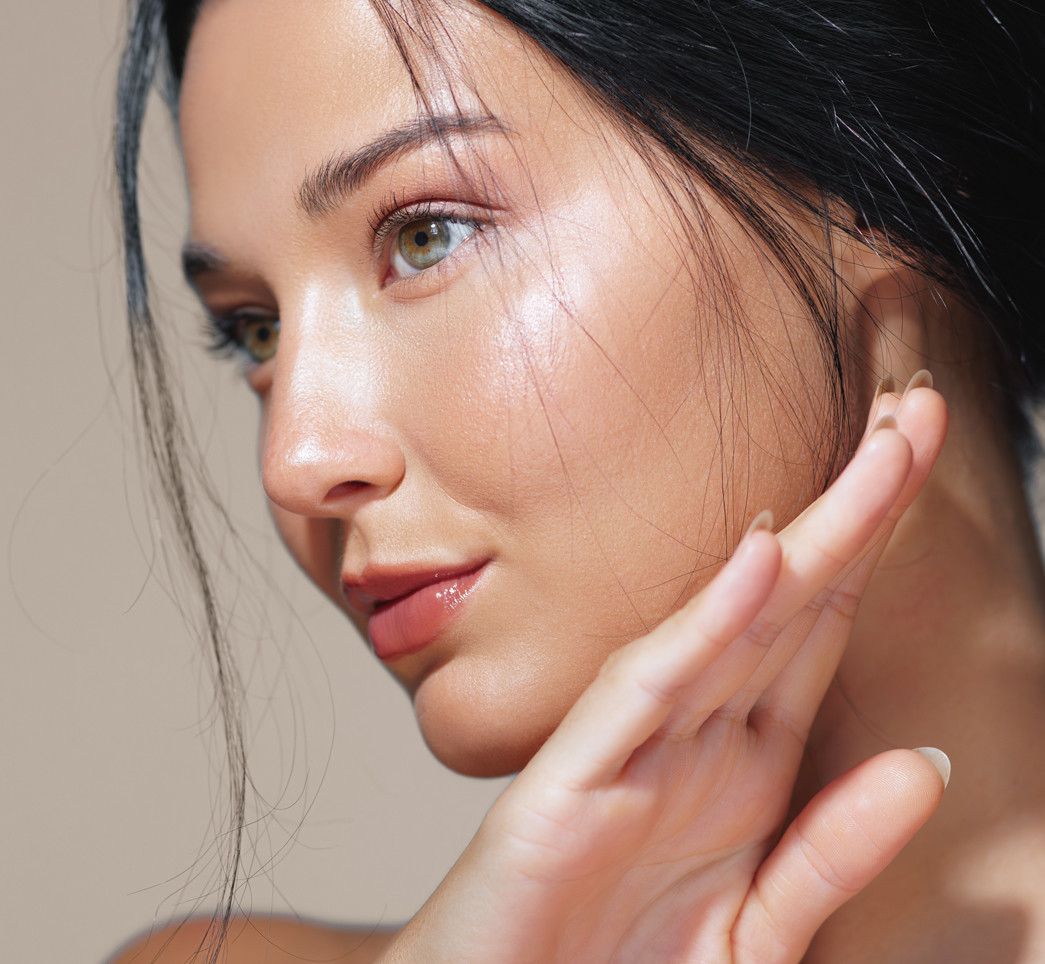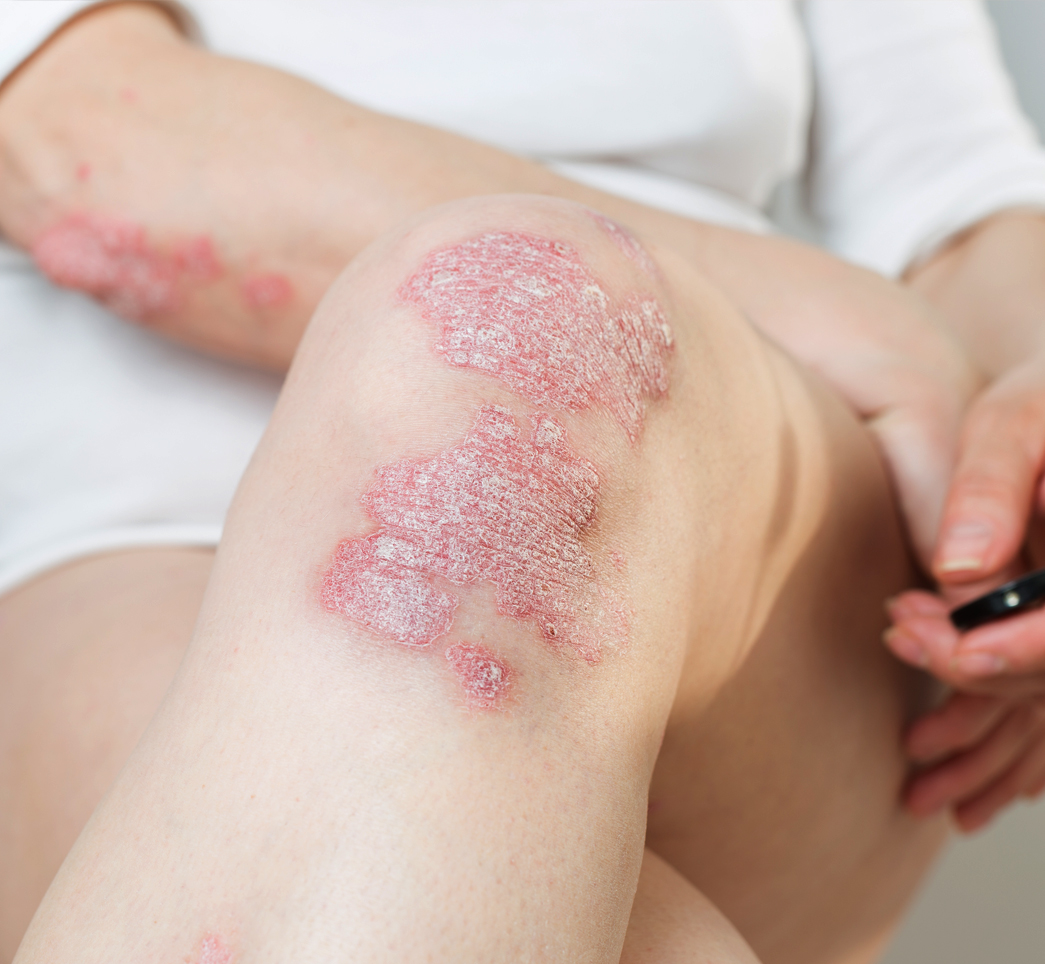The Blog
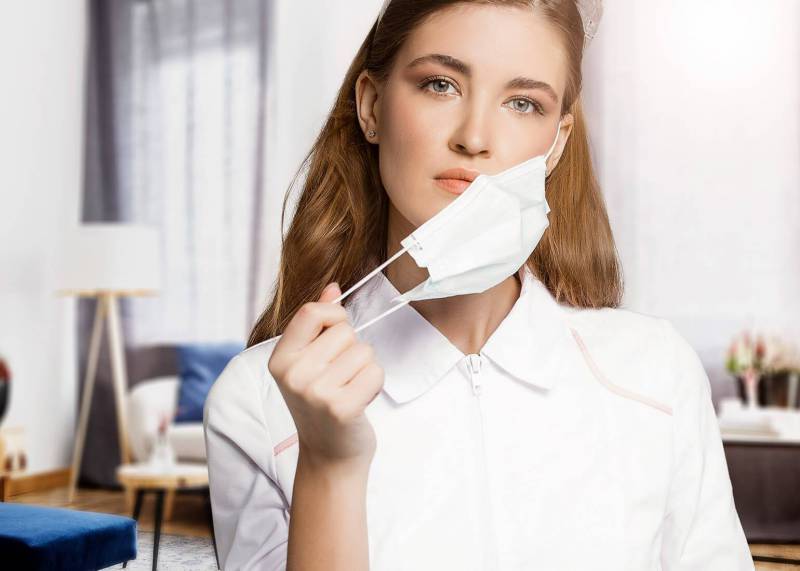
What is Maskne?
The new acne from wearing a mask.
Oh and it’s happened to me and my staff.
This is a real issue for many of us with or without a history of acne.
I have already had numerous consultations and conversations with patients on this issue.
Friction, sweating and oil build up under the mask contribute to this mechanical type of acne.
Violin players, football players, and patients who wear heavy makeup experience a similar form of mechanical acne.
Can Maskne be prevented?
My recommendations for minimizing this nuisance are:
Wash your mask frequently.
Be mindful of your skin care, wash your face at least twice a day, minimize multi-layering, and choose non- oily products.
Take a break from applying makeup, if you need to apply makeup choose powders that are light-weight.
Always choose a mask that is safe and effective, safety is always more important than style or fashion.
Can Maskne be treated with over the counter products?
You can try over the counter benzoyl peroxide alone or you can mix it with Differin gel. Differin gel is an over the counter retinol. This combination is my favorite.
I recommend spot treating to avoid irritation, a topic we will discuss next time.
Avoid picking because scarring is a huge problem and can be difficult to reverse.
There are over the counter options, but if it becomes unmanageable with otc products, I recommend consulting with your dermatologist.
Cystic scarring acne is not forgiving and needs medical attention.
Is adult acne common?
I have noticed an increased number of patients with adult acne.
Acne is not only a teenage problem .
If you are an adult that suffers from acne it is not unreasonable to visit with your dermatologist, and it is not unreasonable to ask for testing including hormonal testing.
After an internal cause is excluded there are a multitude of options to control your breakouts.
What type of acne do I have?
I have personally stopped classifying acne by severity.
Any acne that is painful, or leaves scars, or impacts your self-esteem deserves the utmost attention.
Acne can affect patients with all types of skin, even sensitive or eczema prone skin.
Is diet a cause?
As a general rule of thumb, I recommend moderation and healthy choices.
Probiotics are helpful as well.
Recent studies suggest high sugar diets and diary may contribute to flares.
This topic remains uncertain, in general if you notice any foods that trigger the flares then practice limiting the source.
Are there really treatments?
There are a multitude of treatment options depending on your skin type.
The way your skin has reacted to topicals and cosmetic products in the past is very important.
There is no one cookie cutter approach, a system should be very personal to you.
The spectrum of medicated topicals and orals has broadened over the course of many years, not to mention in office treatments like chemical peels.
How do topicals work?
I enjoy explaining to my patients the goal of medical treatments in detail.
Topicals usually minimize oily secretions in the hair follicles, minimize plugging of the pores, minimize the load of bacteria, and also prevent inflammation.
A newly recognized and previously disregarded component of acne is overgrowth of yeast in the hair follicles.
Usually the topical regimens that I recommend are very comprehensive and address all aspects of a patient’s acne.
We can still be practical and simple.
I know we are all busy, and your routine doesn’t have be complex or hard to follow.
What are complications of topicals?
There can be setbacks with topical regimens including dryness and irritation.
Both of which can easily be overcome by using an oil free moisturizer or by teaching your skin to tolerate the treatments.
Skin is a phenomenal organ and will always adapt.
Your dermatologist can teach you techniques to build tolerance towards a treatment.
Do oral medications for acne make you nervous?
If the topical system is frustrating, there are many oral options including oral antibiotics, spironolactone, and Accutane.
All these options are valid options if your medical health allows.
They can definitely boost the topical system to varying degrees.
These oral treatments are more involved and can require more scrutiny than creams, but are worth the while.
You have to be vetted for these treatments.
Is there a cure for acne?
Accutane offers the highest chance of cure, but it’s not 100 percent.
I am very comfortable with this treatment and have huge success rate with minimal side effects.
I know there is huge public anxiety and fear from Accutane.
It is usually perceived as an extreme or radical option.
But in fact, with adequate knowledge, proper counseling and monitoring Accutane can be a definitive and very efficient tool.
What about fun treatments?
For sure! There are many “fun” treatments available now and more to come in the horizon.
There are many advances in the supportive care for acne including highly customized chemical peels, medical facials like Microdermabrasion, micro needling, and hydrafacial, even laser treatments are promising treatments for active acne.
These can help with active acne and scars.
Tell me more about microdermabrasion!
Microdermabrasion is a none-chemical, non-invasive procedure that uses a special tip to remove the outermost layer of dry, dead skin cells and reveal younger, healthier-looking skin.
It improves fine lines, blemishes, dull skin and sun spots, acne scars, and clogged pores.
The recovery time is very short with low risk of side effects including mild swelling and redness.
This is my personal to go treatment before a busy weekend.
Does microneedling work?
Absolutely
Microneedling has evolved into one of the most effective and promising procedures.
It helps with active acne and scars.
Using tiny needles to make micro-injuries without significant damages in the skin, microneedling induces tissue remodeling such as thickening of the skin and inducing collagen and elastin through natural wound healing process.
The treatment is very safe for all types of skin in all seasons.
This is my quarterly routine, I just need to find time for myself and so do you.
PRP for acne and scars?
Yes!
Microneedling can be combined with PRP, platelet rich plasma.
PRP is extracted from your own tube of blood after a routine blood draw.
PRP has excellent growth factors that stimulate the remodeling process of the skin even more so than just microneedling alone. If an individual has specific problem areas that appear difficult to treat (such as deep wrinkles, or deeper pitted acne scars) PRP can also be injected at higher concentrations into these areas giving even better results.
Hydrafacial does it really work?
Hydrafacial is a unique treatment that can extract exfoliate and hydrate your skin in 1 session.
I am loving the medicated serums only available to medical offices.
And my patients are loving the LED, this is a light feature that can be added on at the end of each hydrafacial.
LED is an established treatment for acne
This light enhances the result.
So I don’t have to live with Acne?
NO….
You don’t have to live with acne!
It can be attacked from all angles, no matter how old you are or how extensive your acne is!
There are always options even though you think you may have exhausted them all.




